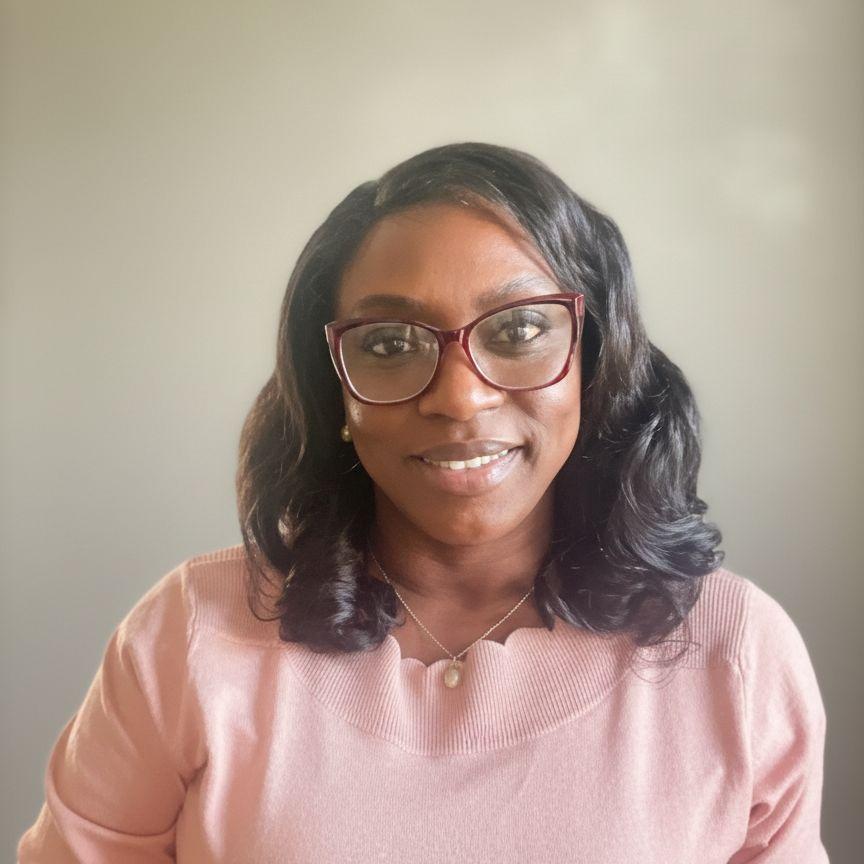Navigating the journey of understanding and expressing one's gender identity can be a deeply personal and sometimes challenging experience. Below are valuable insights into gender identity therapy, a compassionate resource for individuals exploring their gender identity. Gender identity is about how someone internally feels their own gender, which can be male, female, a blend of both, or even neither. It’s essential to recognize that gender isn’t the same as biological sex, which is assigned at birth based on physical characteristics.
While sex is usually categorized as male or female, gender identity can vary significantly from this classification, reflecting the beautiful complexity and diversity of the human experience. For individuals seeking support, finding gender identity therapy nearby can be a vital step in their journey toward self-acceptance and fulfillment understanding.
What is gender identity counseling?
Gender identity therapy is a specialized type of counseling designed to help individuals explore and understand their gender identity in a supportive manner. Gender therapists create a warm and welcoming space where clients feel comfortable sharing their feelings, experiences, and any questions they might have about their gender identity, whether they're cisgender, transgender, non-binary, or somewhere along the gender spectrum.
It's really important to remember that questioning one's gender identity doesn’t automatically mean someone fits into the cisgender or transgender categories—many people simply wonder or feel uncertain about their gender without fitting perfectly into those labels. Moreover, it’s wonderful to acknowledge that gender diversity is a natural part of the human experience and is not considered a mental illness, which means that you can engage in gender identity therapy without needing a formal diagnosis. This therapeutic journey focuses on personal growth, self-acceptance, and the beautiful exploration of your authentic self in a nurturing environment.













